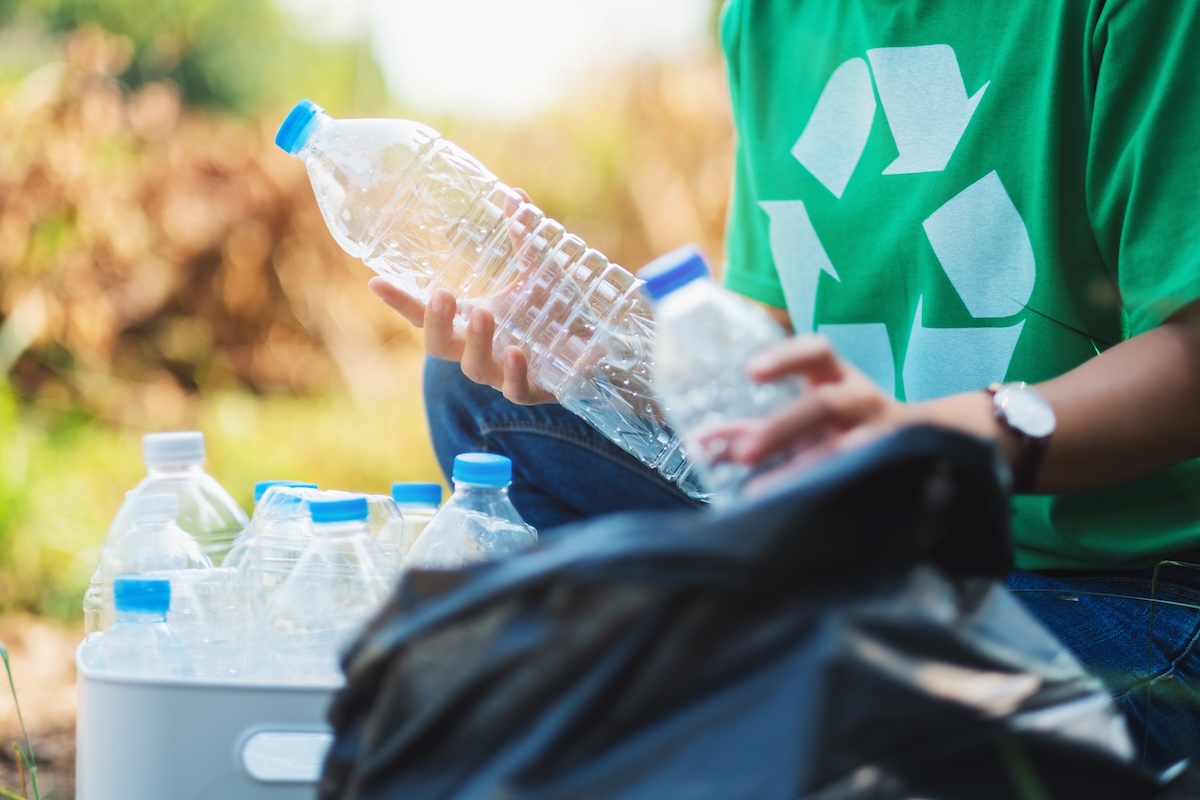Myth 1: Recycling Is the Same Everywhere
One of the biggest misconceptions is that recycling programs work the same way in every city or town. The truth is that recycling guidelines vary by location. While some communities accept all plastics, others restrict which types can be processed. Not all facilities can handle glass, certain plastics, or mixed materials. That's why you must check with your local recycling provider, like Kimble Recycling and Disposal, to ensure you follow the correct guidelines for your area.
Kimble's single-stream recycling servicessimplify the process, allowing customers to place approved items in one cart for easy curbside collection. Following local recycling rules can avoid contamination and ensure your recyclables are processed efficiently.
Myth 2: You Don't Need to Clean Recyclables
Some people believe that food residue on containers doesn't impact recycling, but this is untrue. Dirty recyclables can contaminate entire batches of otherwise recyclable materials, making them unsuitable for processing.
Taking a few moments to clean recyclables before placing them in your bin can make a significant difference. Rinse out food containers, remove leftover liquids from bottles, and avoid placing greasy or soiled materials into your recycling bin. Keeping materials clean helps ensure they can be properly sorted and processed at the recycling plant.
Myth 3: Recycling Uses More Energy Than It Saves
A common argument against recycling is that recycling uses more energy than it saves. However, research shows that recycling conserves energy by reducing the need for new raw materials. For example, producing aluminum from recycled materials requires 95% less energy than creating it from raw bauxite.
Recycling also helps lower greenhouse gas emissions, as manufacturing with recycled materials often uses less water and produces fewer pollutants. By participating in Kimble's curbside recycling service, you contribute to a more energy-efficient waste management system that benefits both the environment and the economy.
Myth 4: A Little Recycling Contamination Is Fine
Some people think a small amount of recycling contamination won't cause much harm. In reality, even minor contamination can have significant consequences. A single contaminated item can render an entire load of recyclables unusable, sending it to a landfill instead of being repurposed.
Common sources of contamination include plastic bags, food waste, and non-recyclable plastics. While many assume all plastics can be recycled, some materials—like plastic wrap and styrofoam—are not accepted when recycling with Kimble. To reduce recycling contamination, follow local guidelines, separate recyclables properly, and avoid wish-cycling (placing questionable items in the bin hoping they'll be recycled).

The Bottom Line
By debunking these recycling myths, you can recycle more effectively, reduce waste, and save money in the long run. Kimble's single-stream recycling service makes it easy for residents and businesses to participate in responsible waste disposal. Whether you need curbside recycling, trash collection, or temporary dumpster rentals, Kimble has solutions to meet your needs.
Contact Kimble today if you're unsure about what can be recycled or need more information on our services. Let's work together to create a cleaner, more sustainable future.